News

Sri Lanka bans travellers from India
The Sri Lanka government has taken prompt action to prohibit Indian travellers visiting West Asian countries or Singapore to use the island nation as a transit hub despite the Tourism Authority ruling to allow such visits.
The Civil Aviation Authority (CAA) announced that travellers from India will not be allowed to disembark in Sri Lanka making the Sri Lanka Tourism Development Authority (SLTDA) regulation null and void.
The decision to ban Indian travellers to make use of Sri Lanka as a transit hub for visiting other destinations like West Asia or Singapore subject to the need of 14 days in quarantine in the island with immediate effect has been taken as the coronavirus continues to spread rapidly in India.
Several countries have banned travellers from India as well as Sri Lanka and other South Asian countries. Restrictions were imposed last week on Indian tourists arriving in Sri Lanka.
Sri Lanka Tourism Development Authority (SLTDA) has issued a new set of regulations on April 24 for international arrivals for the purpose of 14-day quarantine enroute to other countries.
SLTDA has stated that “Some countries accept quarantine in Sri Lanka as an entry requirement to their country, where direct arrival for the origin country is not permitted. This is a reflection of Sri Lanka’s health and safety regulations,”
These regulations have now been reversed following the government’s usual practice of changing rules and regulations imposed by ministries and authorities frequently.
Soon after announcement of these regulations to allow Indian travellers to use Sri Lanka as a transit hub hundreds of Indians have rushed in to make use of this facility.
Travel agents were also t promoting this type of travel to Sri Lanka with a view of tackling the decline of tourists following the tourism industry shut-down for nearly 10 months last year
Tourism Minister Prasanna Ranatunga had said that Indian tourists visit Sri Lanka in a travel bubble.He said that since the coronavirus crisis in New Delhi the number of Indians visiting Sri Lanka had been reduced.
The Minister also said that the Indians were placed in separate hotels and had no contact with other tourists. Ranatunga also said that any decision on closing the airports or reducing the overall number of arrivals to Sri Lanka will be taken if the health authorities make such a request
He however said that the airport cannot be closed immediately as that will affect Sri Lankans returning to the country.The Minister said that President Gotabaya Rajapaksa has issued instructions to allow Sri Lankan migrant workers to return to the country.
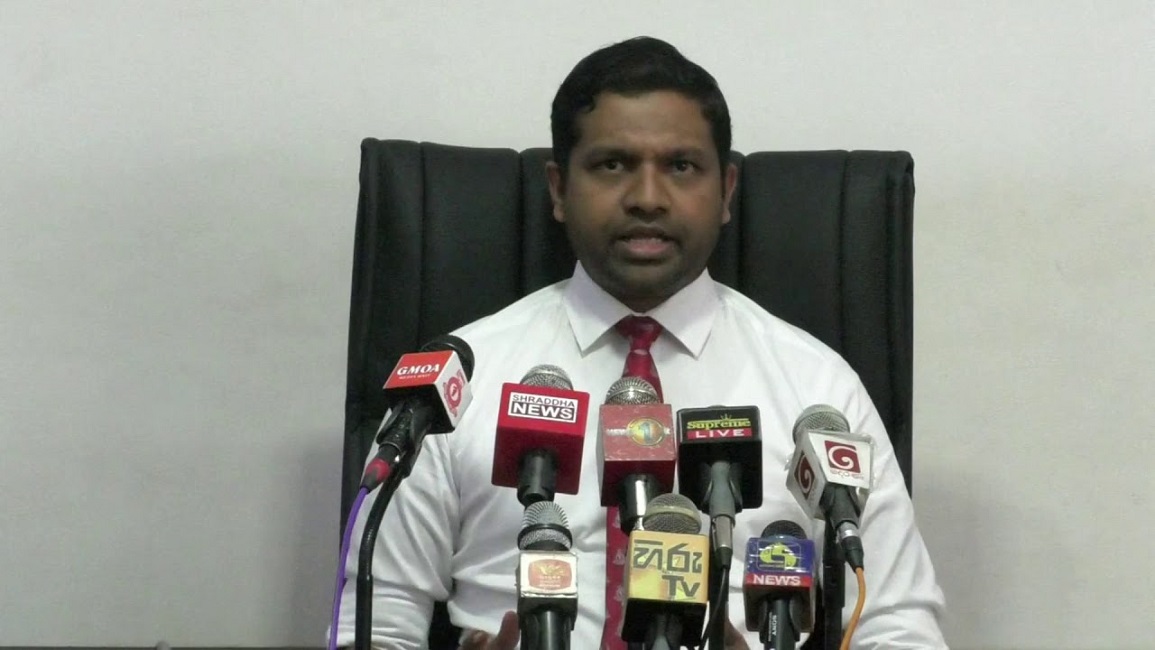
Sri Lanka in crisis due to latest surge of Covid-19 patients: GMOA
Sri Lanka is facing a severe crisis due to the Covid-19 pandemic and a large number of infected patients are being reported islandwide, the Government Medical Officers’ Association (GMOA) said.

Energy Minister says no increase in LP gas prices while suppliers call for price hike
Energy Minister Udaya Gammanpila said that no proposal has been submitted to the Cabinet to increase the prices of LP gas. Responding to a question raised by a journalist regarding the increase in gas prices at the Cabinet press briefing on Tuesday (04), the Minister stressed that although the price of gas in the world market is increasing, so far no Cabinet decision has been made to revise the price of gas in Sri Lanka.
Meanwhile, it is reported that Laugfs Gas PLC, one of the largest providers of LP gas in Sri Lanka, is facing a serious financial crisis.
It has been observed in many stores that there is a shortage of Laugfs gas cylinders in the market.
Company sources said that they are exploring the possibility of stopping the importation of LP gas if there is no increase in domestic prices.
A final decision in this regard will be taken after discussions with government officials.
The company has repeatedly requested the government to increase the price of gas in the local market in line with global market prices.
Laugfs Gas PLC accounts for about 30% of the domestic LP gas market.
According to projected global market prices for the months of April and May coupled with the rising USD/LKR rate, the company expects a price hike of at least LKR 520.
Meanwhile, it also reported that Litro Gas is faced with a similar predicament.
Both companies are currently incurring heavy losses and are hoping for a price hike from the government soon, it is learnt.

Edible oil firms shut production while planters cry foul over uprooting plantations
Palm oil importers and producers along with oil palm cultivators suffered a major blow as Sri Lanka banned imports of the world’s most-consumed cooking oil and ordered to get rid of all the tropical trees in the country in phased manner.
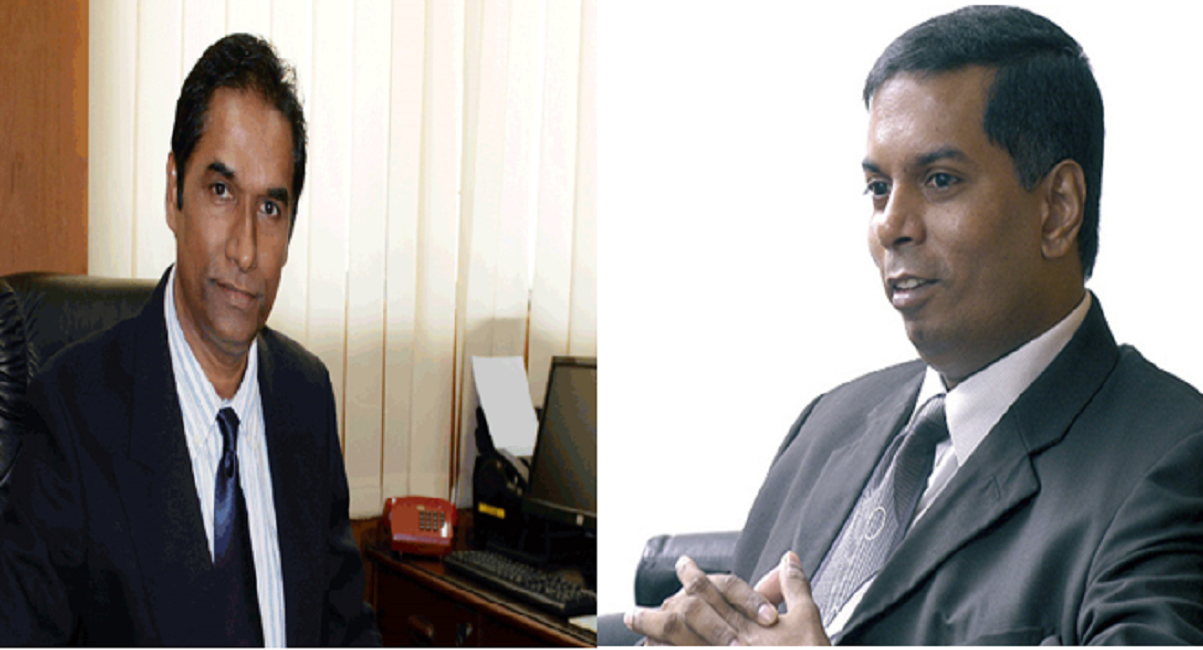
Top officials at two public institutions resign
Three key officials in the public institution hierarchy have resigned from their posts citing personal reasons recently creating confusion on the present regime's appointments to high posts.
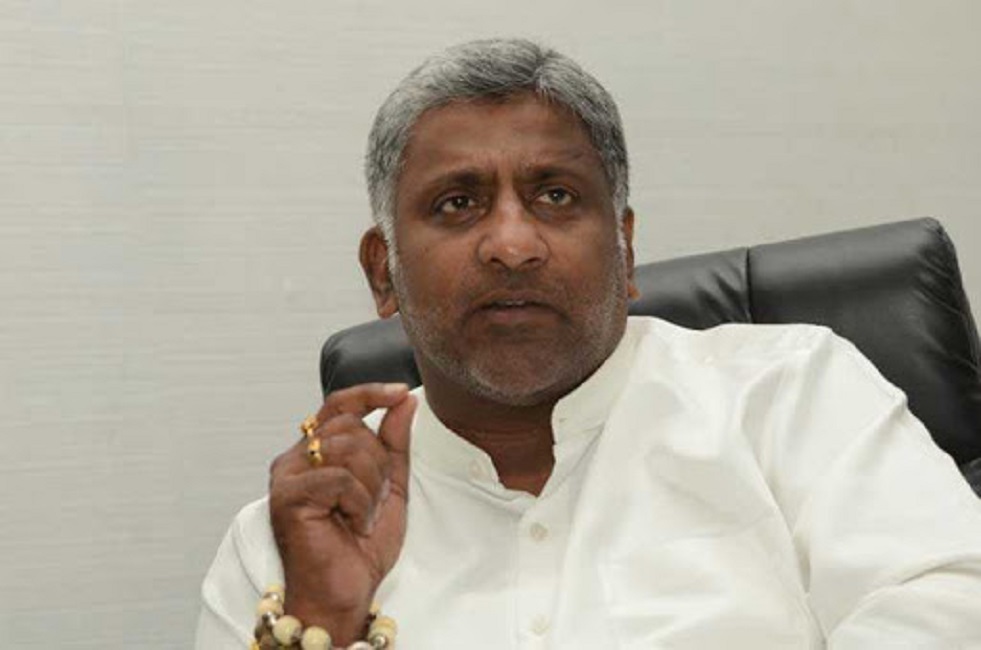
Sri Lanka still open for tourism: Prasanna Ranatunga
Sri Lanka will continue to operate its airports and allow tourists to enter despite the current Covid-19 pandemic, Tourism Minister Prasanna Ranatunga said, adding that the process will be carried out under the instructions issued by the health sector.

European Palm Oil Alliance expresses dismay over Sri Lankan ban
The European Palm Oil Alliance (EPOA) in a statement has expressed its grave disappointment caused by the intention of the Sri Lankan government to ban palm oil.

Local manufacturers stumped by palm oil ban
Palm oil import ban by cash strapped government issuing a gazette notification on April 06 along with guidelines without any clarity is leaving the local industry and importers in distress due to delay in implementing guidelines.
The lack of clarity in the new regulations and the delay in implementing the license scheme allowing importers continue palm oil imports has affected refiners, processors, manufacturers, marketers and sellers of palm oil and other products containing oil palm.
Small scale manufactures for local and export markets have been affected badly as the banks are refusing to open LCs for all importers to bring down palm oil due to the delay in implementation of the license scheme industrialists complained.
All bakeries, biscuit manufacturers, and confectioneries in the country will have to be closed down and more than 100,000 people will face the danger of losing their jobs.
Palm oil is used by Sri Lankans in almost every aspect of life; from toothpaste to shampoo to soap to lipstick to confectionary – palm oil is an integral component. It is in 50 percent of all consumer products and vital for industrial applications, they pointed out.
BOI companies who are allowed to import palm oil without any restrictions have also being affected due to lack of clarity in regulations industry sources said adding that the companies engaged in producing palm oil based products, bakery fat and vanaspati ghee for the Indian market are also hit by the ban
Publicly traded Hemas Holdings used palm oil to make soaps and shampoos. Ceylon Cold Stores used palm oil in iced confectionary.Other firms that were hit included Unilever, Maliban, Ceylon Biscuits and Prima.
Sri Lanka produces around 8 percent of its annual palm oil requirement and imports the remaining 92 percent, estimated at 200,000 tonnes from Indonesia and Malaysia.
The Finance Ministry has issued gazette notification on April 06 under the signature of Prime Minister Mahinda Rajapaksa introducing a licensing system to safeguard the industry easing the restrictions by allowing the importation of palm oil and its fractions which are not chemically modified subject to special license regulations, the Finance Ministry indicated in its gazette notification.
According to industry sources the formal local manufacturing industry is worth Rs. 85 billion and with the SMEs, the sector’s value is around Rs. 95 to Rs. 100 billion.
Separately, Sri Lanka exports are valued at USD 150-200 million (between Rs. 30 and Rs. 40 billion). He pointed out that baseless vilification of the local palm oil industry had resulted in the country producing just 23,000 tonnes of palm oil per annum and the import of a staggering 220,000 tonnes of crude palm oil into the country each year, at a cost of approximately Rs. 22 billion.
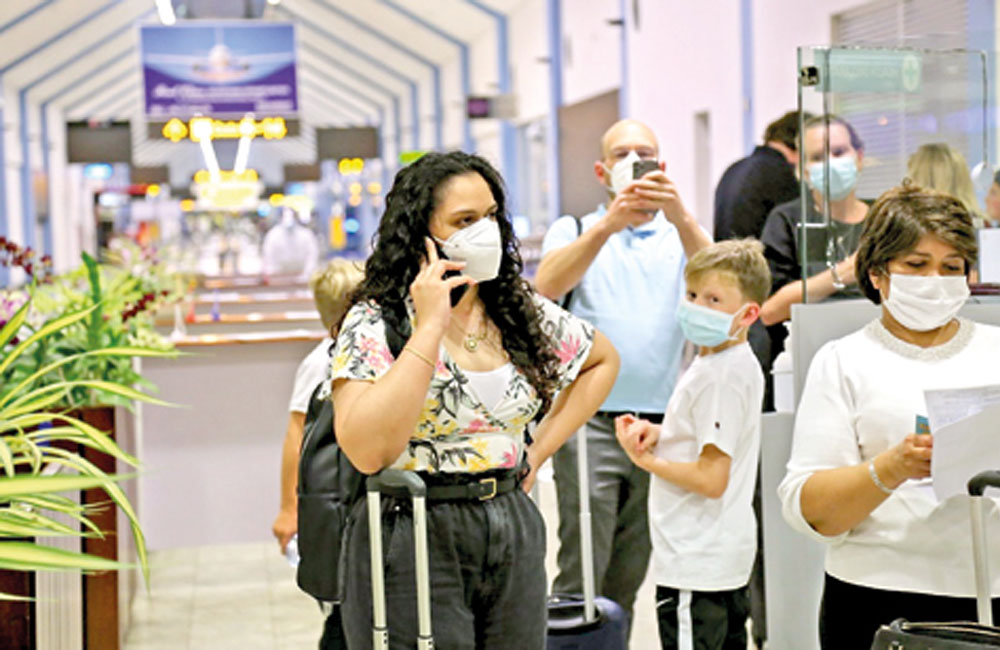
SL transit hub for Indians
Sri Lanka has become a transit hub for Indians visiting other destinations like West Asia or Singapore for instance, prior to which they need to be quarantined for 14 days.
“Some countries accept quarantine in Sri Lanka as an entry requirement to their country, where direct arrival for the origin country is not permitted. This is a reflection of Sri Lanka’s health and safety regulations,” Sri Lanka Tourism Development Authority (SLTDA) has stated in a new set of regulations issued on April 24 for international arrivals for the purpose of 14-day quarantine enroute to other countries.
In this respect, travel agents are looking at promoting this type of travel to Sri Lanka that is faced with a dearth of tourists as the tourism industry has been shut-down for nearly 10 months last year and saw a slow revival. Hotels have moved onto providing healthcare and quarantining facilities for Sri Lankans until lately.
The new regulations have been brought in mainly targeting Indian travellers as more use this new route to enter other destinations as a result Sri Lanka is catering to this new demand by certifying Level 2 hotels to be used only for these visitors.
The regulations state that Level 2 hotels will be exclusively for the said category and not be permitted to take other international or domestic bookings.
Tourists need to strictly adhere to insurance, PCR testing etc., and all other health guidelines as detailed for Level 1 hotels continue to be applicable for these hotels as well.
The guests will be confined to their rooms and will not be permitted to use common facilities at any stage and even meals should be delivered to the room, it was noted.
Drivers, guides or any staff interacting with guests must be in full PPE, the regulations state adding that these regulations are applicable irrespective of being fully vaccinated.
Moreover, the regulations note that travel agents and hotels taking such bookings will be responsible to ensure the departure of such guests from the country at the end of the 14-day quarantine period, it was stated.
Tourism Minister Prasanna Ranatunga told the Business Times said that currently they were permitting Indians to travel to Sri Lanka under these regulations.
He noted that this was in view of the fact that Sri Lanka has become an acceptable destination for Indians to seek quarantine facilities prior to proceeding to destinations like West Asia and Singapore.
Currently this facility is being used only by Indians as Pakistanis and Bangladeshis are banned from travelling overseas, he noted.
Meanwhile, the Minister said the authorities were still “working on” the new Tourism Act that is set to replace the existing Tourism Act of 2005.
“We have asked all stakeholders to give their opinions and give suggestions and only after that a discussion paper will be presented,” he said. The private sector has expressed opposition to replacing the existing Tourism Act.
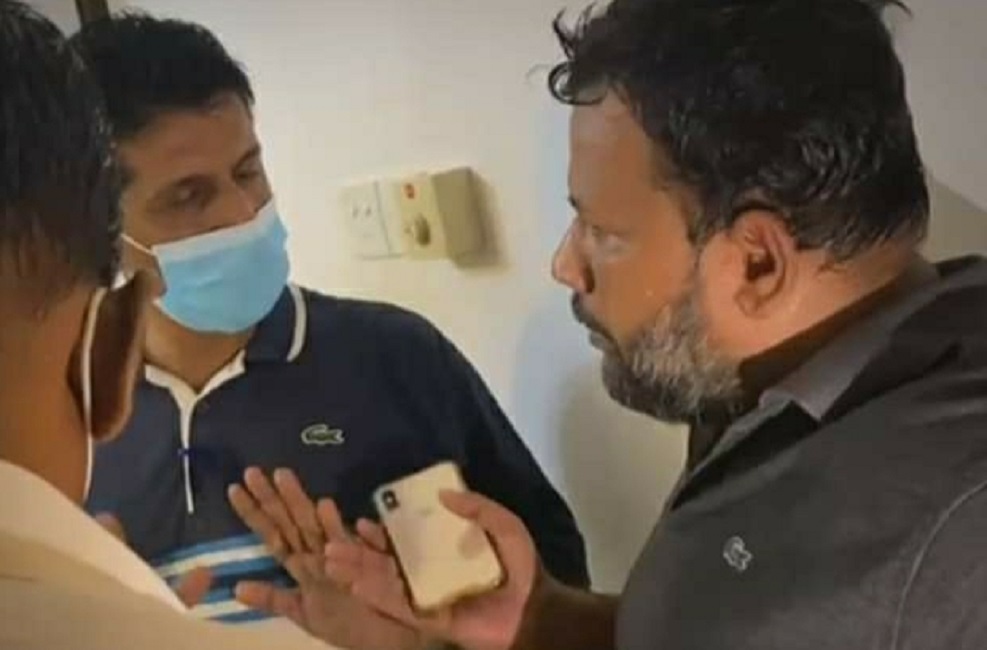
Arrests of Rishad Bathiudeen and his brother are politically motivated !
The family members of Rishad Bathiudeen MP and his brother Reyaj Bathiudeen have conveyed their shock and surprise at the sudden and unannounced arrests by officers of the Criminal Investigation Department (CID) and have stressed that the arrests are politically motivated.
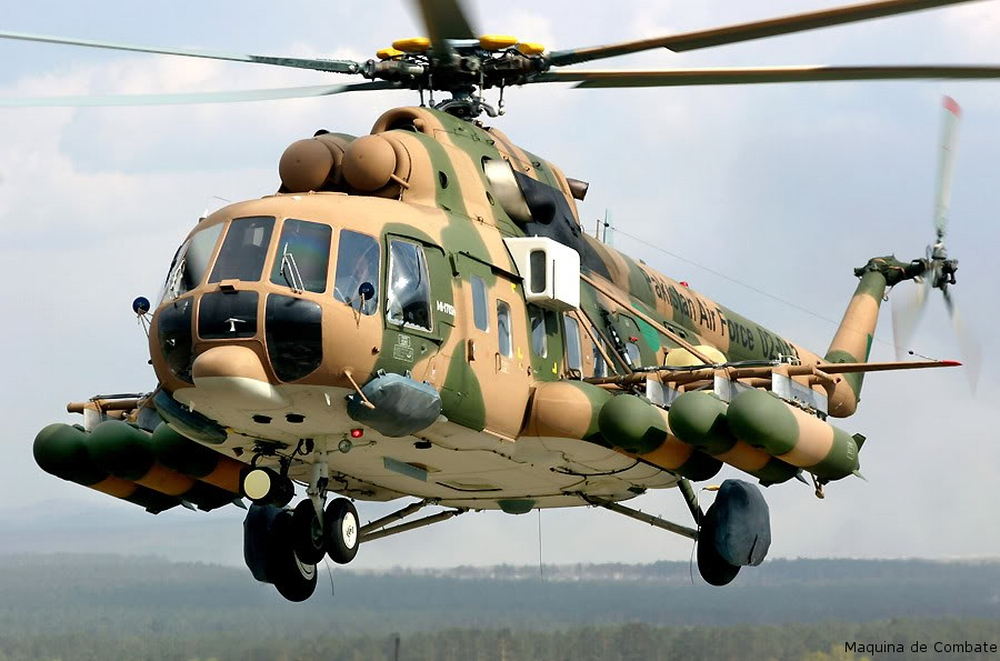
Details of multi-million dollar MI-171 helicopter deal revealed
Details of MI-171 helicopter deal have been revealed along with an attempt to procure 60 Armoured Personnel Carriers (APCs) have been revealed.
This was disclosed by Opposition Leader Sajith Premadasa at a meeting in Nochchiyagama, news agency reports highlighted.
The Government of Sri Lanka is planning to purchase four Mi-171 helicopters from Russia at a cost of USD 720,000 even as the country struggles to acquire COVID-19 vaccines for the public, news reports quoted Mr.Premadasa as saying.
“Yes, we should strengthen our security forces. There is no argument that national security is important. But is this the time to order four helicopters, each costing USD 180,000?” Premadasa said, addressing an event in Nochchiyagama yesterday.
Premadasa claimed the government has ordered 60 armoured personnel carriers (APCs) in addition to the helicopters.
“The government must invest money in the vaccine. Instead of ordering more vaccines that people require to live, what is the need to order helicopters and APCs?” he said.
The main opposition Samagi Jana Balavegaya (SJB) leader urged the government to immediately halt the order of helicopters and use that money to bring in more vaccines.
The Russian made Mi-171 military transport helicopter is designed to perform delivery of manpower, transportation of cargoes and materials inside the cargo cabin or on the external sling as well as for airdropping of tactical troops, air landing of reconnaissance and sabotage groups and destruction of ground objects.
The helicopter can also be operated for medical evacuation, delivery of the emergency medical healthcare onboard, provision of the search and rescue missions in combat conditions.
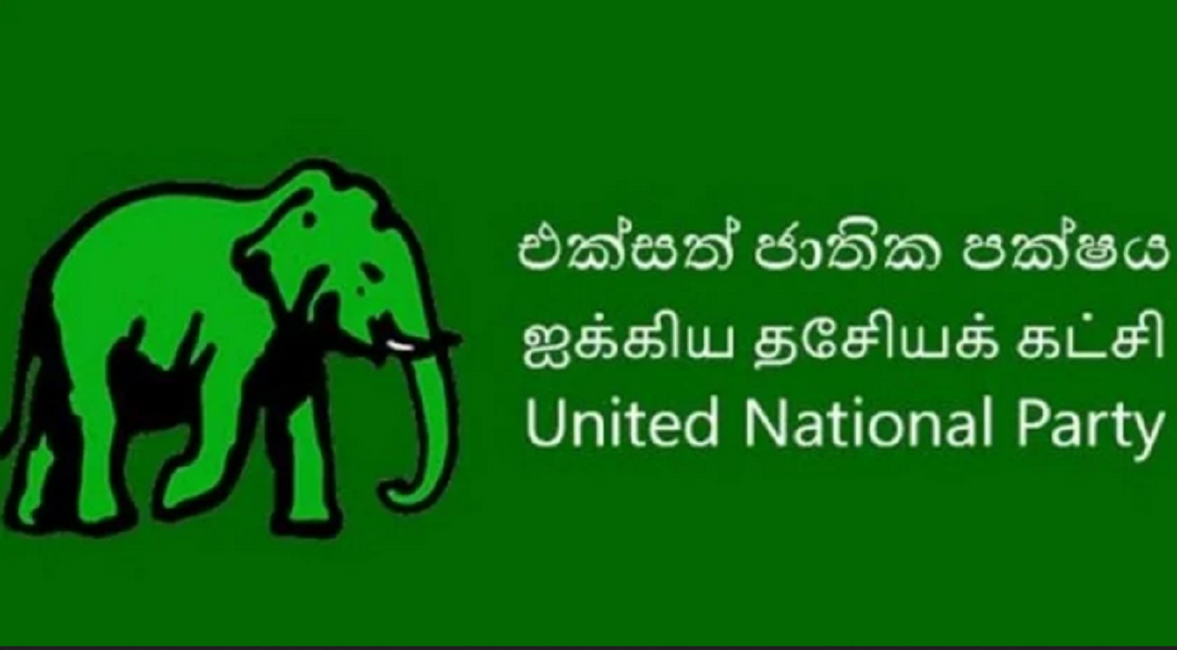
UNP calls on the Govt. to help tourism industry stakeholders
The United National Party called upon the government to focus on reviving the tourism industry in the country before they attempt to amend the Tourism Act.
Page 380 of 684